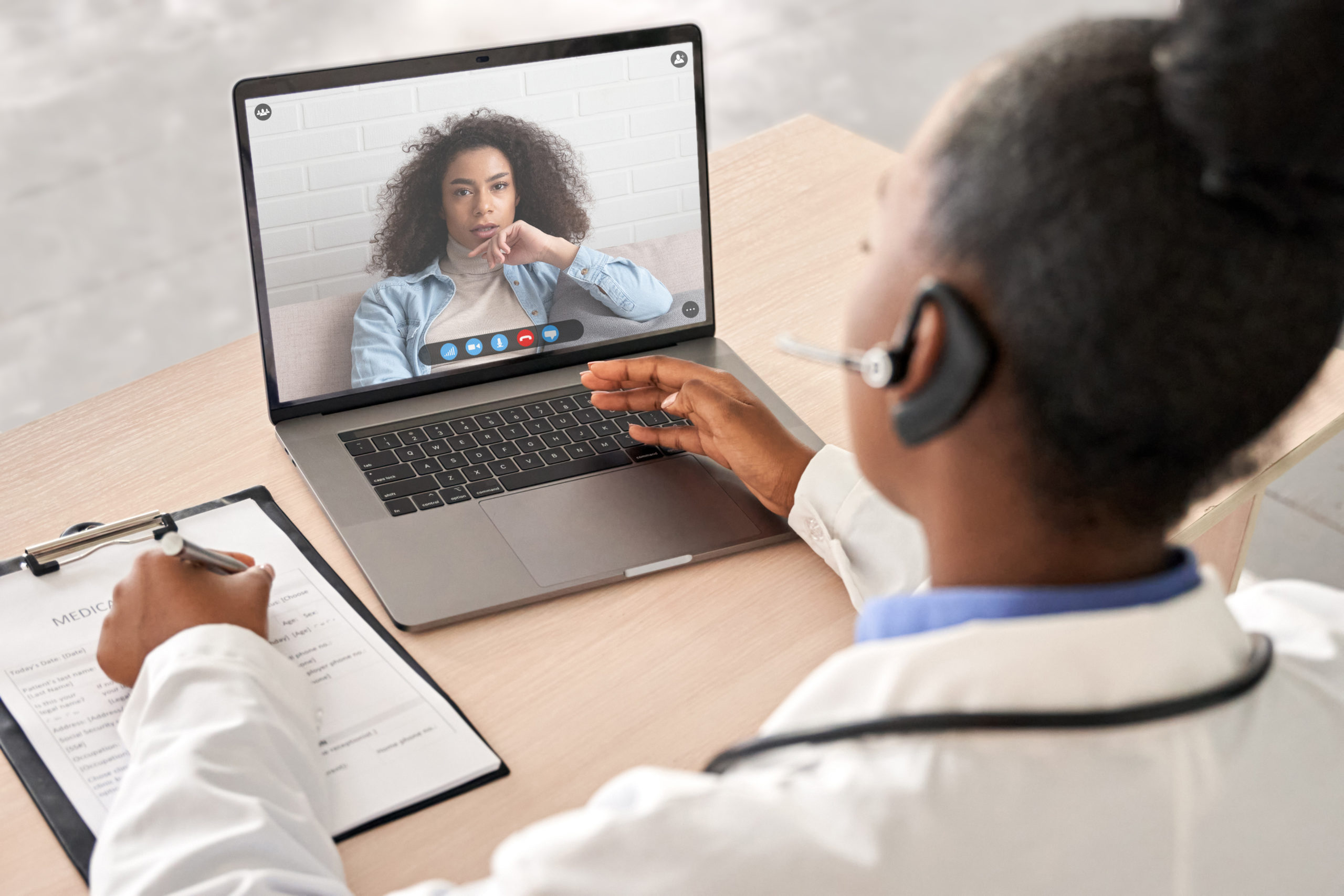The emergence of Covid-19 has speeded up the shift to telehealth, with one center in the capital experiencing a 2,000 percent surge in calls.
Online medical consultations have been around in the UAE and elsewhere for at least a decade, but patients didn’t really take to them. Then Covid-19 came along, restricting movement and requiring medical professionals focus on treating only infected patients in person.
That need to keep in-person contact to a minimum to prevent the spread of the virus produced a boom in remote medical care in many forms, including teleradiology and telepharmacy.
“Telehealth has been embraced during this crisis situation and it is a great tool to build the rapport between healthcare professionals in various fields to ensure the right quality of services toward patients,” says Dr Ibtesam Al Bastaki, director of health investment and partnership at Dubai Health Authority.
As well as reducing the risk of infection, telehealth is a time-saver. A typical face-to-face consultation with a doctor can eat up two to three hours for a patient, when traveling time, registration and waiting time are factored in. With telehealth, the process can be wrapped up in as little as 20 minutes.
“Now that people have realized the convenience of being able to call 24/7 for non-emergency health issues and have a same-day consultation with a physician in the comfort of their own homes, we are expecting demand to rise,” said Omar Fikree, acting CEO of Abu Dhabi Telemedicine Centre (ADTC), which is provided by Mubadala Healthcare.
ADCT recently scored 98.7 percent in an audit by the Department of Health Abu Dhabi. The center experienced a 2,000 percent increase in activity during the lockdown, registering 68,524 calls between March and July, with 22,311 completed teleconsultations,
Telehealth has mitigated the impact of the pandemic on health providers, too. For expats, the loss of a job means the loss of health insurance, which has left many with no option but to leave the UAE. For the first time in 50 years, the country’s total population is expected to decline, which means a smaller customer base for the private health industry and therefore less revenue with which to finance facilities.
The type of service provided has to change, too, as a result of the pandemic.
Dr Shajir Gaffar, CEO of VPS Heathcare says, “The anxiety and sedentary lifestyle due to the lockdown has resulted in increased demand for mental health and specialities pertaining to lifestyle diseases, both in the outpatient setting and digital platform. As the situation gets back to normal, healthcare providers need to focus on these segments with immediate effect to help patients return to their pre-Covid lifestyle.”
But will the healthcare industry return to the pre-Covid way of working?
“Telehealth is here to stay,” says Joe Hawayek, senior director at vHealth (MEA). “We saw the take-up in the region during Covid-19 because people wanted to stay at home but still needed to speak with a doctor. The benefits of telehealth, such as convenience, safety and cost will continue to be recognized even after Covid-19.”






